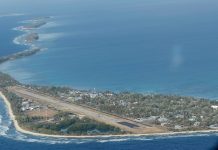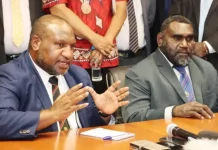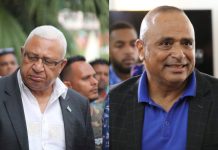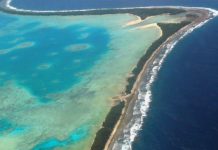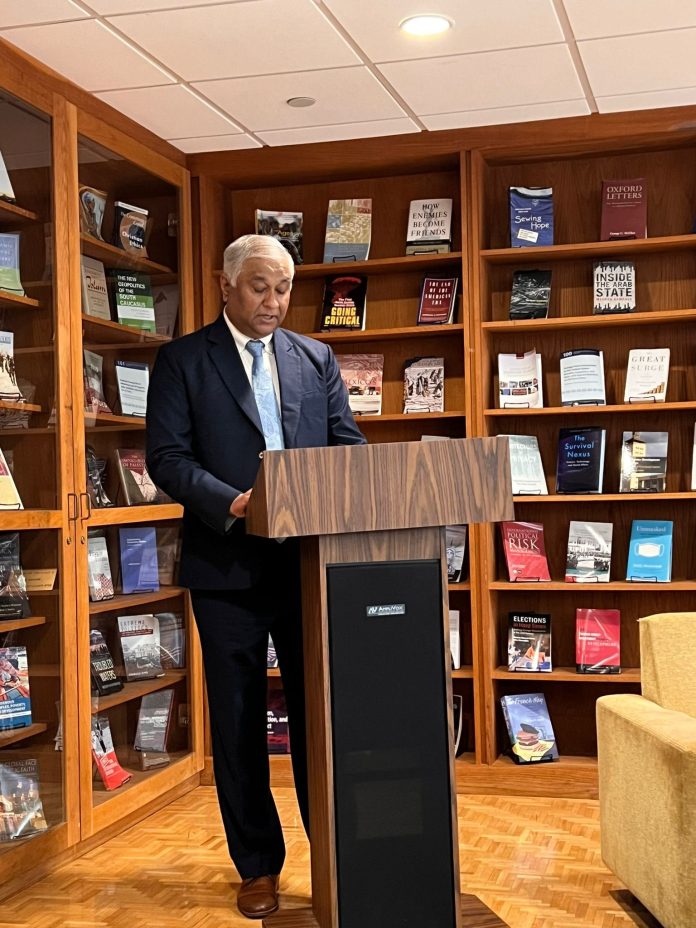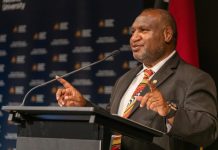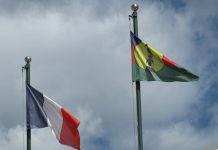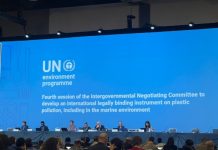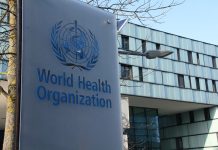Dr Satyendra Prasad, former Fijian Ambassador to the UN and a distinguished affiliate of Carnegie Endowment for International Peace addressed a sold-out crowd at Georgetown University.
His speech covered issues of development and security within the growing partnership between the United States and nations of the Blue Pacific. His insights came in the wake of the 2nd USA – Pacific Islands Forum Leaders Summit held in Washington D.C.
His speech highlighted the importance of the Pacific region to the USA. This region serves as a vital trade route connecting the USA to the world. It is also a renewable source of food and an important global carbon sink. While often underestimated, the Blue Pacific covers over 10 million square miles. Even the smallest island nations command vast economic exclusive zones. He underscored that the Pacific isn’t just a geographic expanse, but a liquid continent, connected by history, culture and shared interests.
Dr Prasad discussed the growing development challenges facing the Blue Pacific, noting that most countries in the region lag behind in achieving global Sustainable Development Goals targets. He stressed the devastating impact of climate change on regional human development and security.
He emphasised that the Pacific Islands cannot achieve their development goals alone and encouraged the USA to support the Pacific to achieve its development ambitions while combatting climate change.
To achieve this, Dr Prasad highlighted the need for both the USA and Pacific Island nations to align their interests.
While the 2nd USA – Pacific Islands Forum Leaders Summit resulted in significant commitments, he warned of the perception that progress has favoured issues aligned with the USA’s interests. For the partnership to endure, both sides must recognise the significance of development and climate change in the Pacific region. He acknowledged the delicate balance between security concerns and development priorities, urging careful management of these relationships.
Dr Prasad envisioned a transformative partnership where the USA could play a pivotal role in securing fisheries, reforming the global financial system, collaborating on climate finance, and climate-proofing infrastructure. Such collaboration would contribute to the security and prosperity of both the USA and the Blue Pacific.
He called for an expansion of U.S-Pacific collaboration, emphasising the need for deeper engagement with the private sector and exploring opportunities for innovation and economic growth. The Pacific diaspora’s remittances, two-way trade potential, and investment opportunities represent significant avenues for greater economic cooperation.
Lastly, Dr Prasad proposed the possibility of the USA becoming a full member of the Pacific Islands Forum in the future, envisioning a larger and fully integrated Blue Pacific region.
In conclusion, Dr Satyendra Prasad’s insightful reflections shed light on the opportunities and challenges in the USA and Pacific partnership, emphasising the urgency of addressing climate change and promoting development for the prosperity and security of both regions.
“Leaders across the Blue Pacific are enthusiastic about broadening their US partnership. The U.S has a deep sense of what the weight of climate debt means for small states. It now has a better appreciation of how many factors combine to create a ‘meta-cyclone’ of disadvantages that small states confront. Summits like the one just concluded are useful for helping the USA to understand these more intimately.”
“Done right – and with sufficient imagination – it is possible to foresee the U.S becoming a full part of the Pacific Island Forum family. If that were to happen, a larger and fully integrated Blue Pacific economy becomes imaginable. My hope is that this second Summit is remembered as where these ideas, and this ambition, were first played out with seriousness. It is time to start these conversations, said Dr Prasad.
For media inquiries, please contact: amy.faulconbridge@abtassoc.com.au
SOURCE: CARNEGIE ENDOWMENT FOR INTERNATIONAL PEACE/PACNEWS


